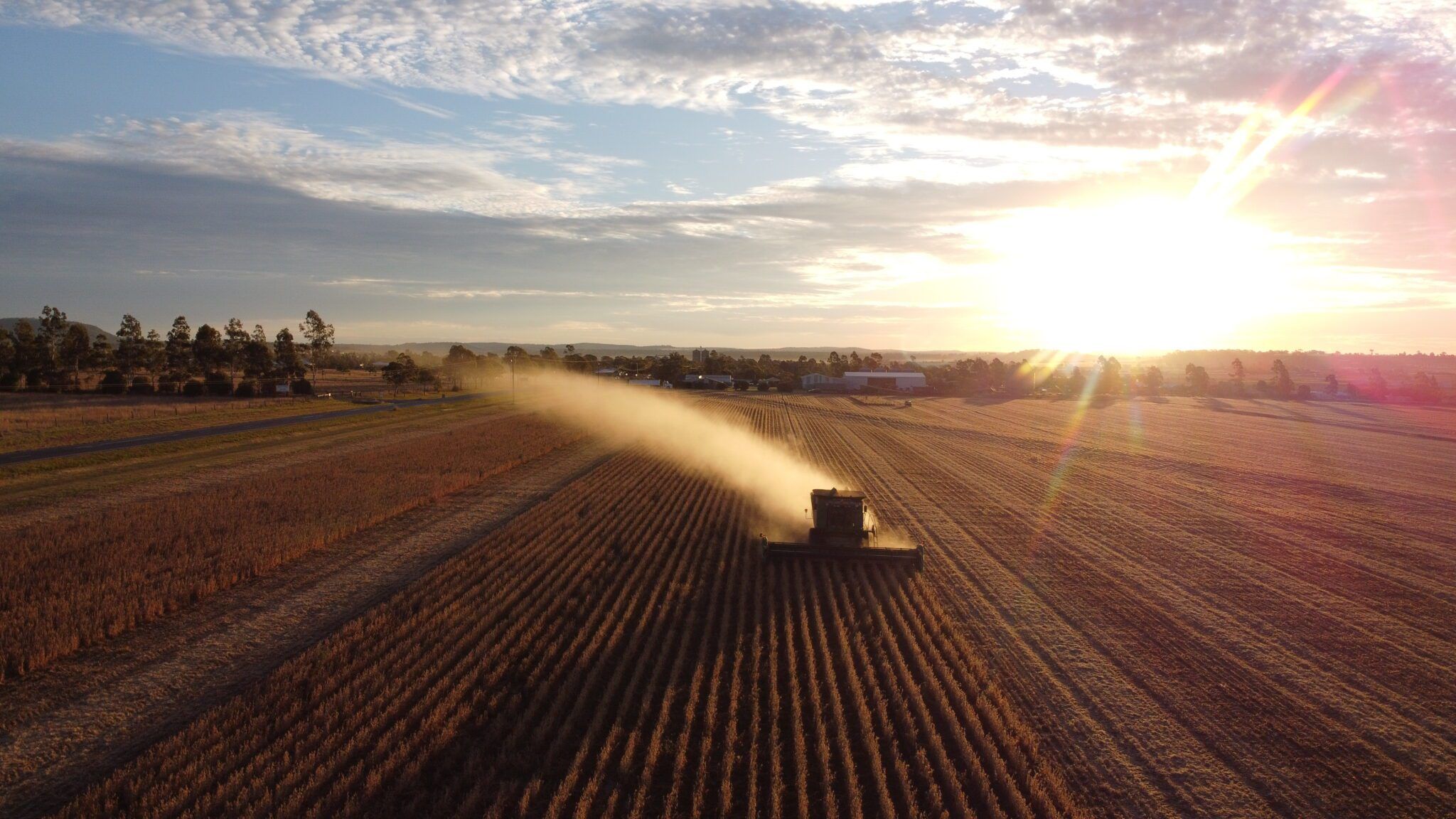As more farmers join the International Sustainability and Carbon Certification (ISCC), and as the EU drives changes to ISCC to reflect changing EU policy, there have been more questions asked by growers about what they are signing up for and whether it is the right scheme to use for certifying Australian grain.

GrainGrowers response
GrainGrowers has been working with the Australian Oilseeds Federation (AOF), Sustainable Grains Australia and CBH for many years to get improvements to the system including the paperwork, the sign on process and also general communication to growers ensuring they are aware of the requirements of the scheme. What has become clear, is that we should also have direct membership of ISCC so we receive all information directly from the source and can better influence the system in the interests of Australian growers.
GrainGrowers has become a member of ISCC to make sure growers get direct input into the sustainability certification program currently being used in Australia. Certification is not new; in fact, it’s been around for more than a decade. But with close to a third of all growers now self-declaring their farm as ISCC-compliant, and more customers looking to buy certified sustainable grain, the ISCC is expanding and it’s coming under scrutiny about how well it suits Australia’s unique production systems and operating environment.
In addition to working with the ISCC, GrainGrowers will continue to explore other options to ensure we have the best scheme to suit Australian growers and our unique production environment while also meeting the needs of our customers.

Joining the ISCC
GrainGrowers decided to join ISCC to add the grower voice into the system. Previously it was only traders and AOF who were members and now we also have a seat at the table.
We’ll use our membership of ISCC, in conjunction with continuing to work with industry groups in Australia, to push for improvements to the system, including:
- Better communication to growers about ISCC before they declare.
- Growers can self-declare that their grain complies with ISCC. It’s a very simple process yet growers must be aware of the requirements of the scheme and understand that they could be audited. If there are ‘non-conformities’ identified through the audit, growers can be given ‘corrective actions’ that will need to be addressed.
- Changes to the ISCC requirements
- While most Australian farmers can meet the ISCC requirements across six key areas, there is a hard rule on land clearing since 2008. This applies even if you didn’t do the clearing and purchased the land after that date. We believe the ISCC should recognise Australia’s strong vegetation laws and include offsets and revegetation.
- Further streamlining the paperwork will help speed up the audit process and we also need to find ways to avoid duplicating data/audits across multiple farm commodities (acknowledging that it’s the whole farm which is ISCC certified not just an individual crop).
- ISCC_EU has impending changes which reflect EU policy directives. But there’s a need to ensure these are practical for Australia and implemented in a way that supports Australia’s sustainable best practice management.
- Requesting ISCC to establish a new regional consultation forum for Australia.
- ISCC has several regional forums around the world to engage with members and Australia is currently part of the South-East Asian regional forum. We believe our issues are very different from other countries in that forum and an Australia forum would increase our voice into the ISCC and lead to better outcomes for Australian growers.
Background on the ISCC
The International Sustainability and carbon certification (ISCC-EU) has operated in Australia for over ten years, initially to enable access to the EU biodiesel market for canola. It provides assurance to the market that our grain meets all the market’s requirements, and this is underpinned by an independent audit process. It’s worked well and enabled growers to access to this premium market.
What is ISCC Plus?
In recent years, the ISCC company has developed a new certification program called ISCC Plus designed to meet global customers’ demand for certified product beyond canola for biodiesel. It is very similar to ISCC-EU and is based on the same six principles, however it does not have mandatory requirements about emissions levels like ISCC-EU.
ISCC is designed to target outcomes over and above standard legislative requirements, which creates some challenges given Australia’s legislative bar is higher than many other countries for things like labour, OH&S, land management and chemical use, to name a few.

